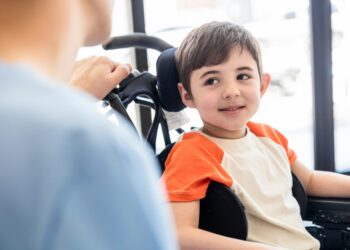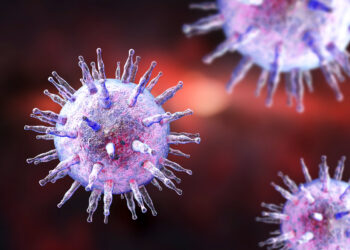Improving our understanding of PANDAS
12th June 2019
PANDAS stands for “Paediatric Autoimmune Neuropsychiatric Disorder Associated with Streptococcus” whilst PANS stands for “Paediatric Neuropsychiatric Syndrome”. Many consider PANDAS to be a sub-set of PANS but is this correct or are we seeing two different pathologies? Indeed, we have to ask ourselves if instead of two distinct disease entities we are actually dealing with a number of overlapping conditions that have a similar disease expression (also known as phenotype). This is not about renaming diseases or acronyms, it is about refining our treatments so that we treat the whole child and give the children that we treat in the UK the best chance of remission. I emphasise that this is about UK patients because they are the patients that I treat and the approach in some parts of the world is very different to mine. My emphasis is on minimal treatment with minimal drug toxicity and minimal risk of drug resistance. Initial analyis of 200 patients that I have treated over the past year suggests that there may be several different sub-groups, each of which has it’s own phenotype and treatment requirements.
Encephalitis simply means “brain inflammation”, when this involves the area of the brain called the basal ganglia (implicated in PANDAS) specifically we can call this a “basal ganglia encephalitis”, if we find evidence that this is due to an autoimmune process we can call it an “autoimmune basal ganglia encephalitis”. This is purely a descriptive term and not intended to replace “PANDAS” or PANS”, but both of these may be considered to be an “autoimmune basal ganglia encephalitis” because that describes what happens in these disease processes. Identifying different groups of conditions that sit under this general heading has helped me to refine my treatment of this group of disorder. I hope to present this data at the PANS/PANDAS meeting in Sweden in October 2019.
Dr Tim Ubhi
Posted in: PANDAS by Dr Tim Ubhi




Comments
Theresia kimathi
2019-08-26 08:16:20
My son, 14, has racing thoughts that triggers OCD in an effort to stop the racing thoughts. All resulting in anxiety and crying. He gets better or worse in different cities. There seems to be a reaction to urine and phobia using the toilet alone.
christine amabile
2019-06-18 19:11:24
Well stated.
Shani Stocker
2019-06-12 22:04:45
This term 'basal ganglia encephalitis' makes a good explanation of what is happening to these children.
Sharon greenwood
2019-06-12 20:23:54
Very interesting and informative Dr Tim, thankyou.